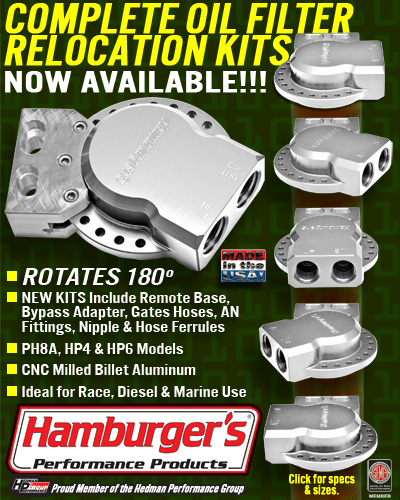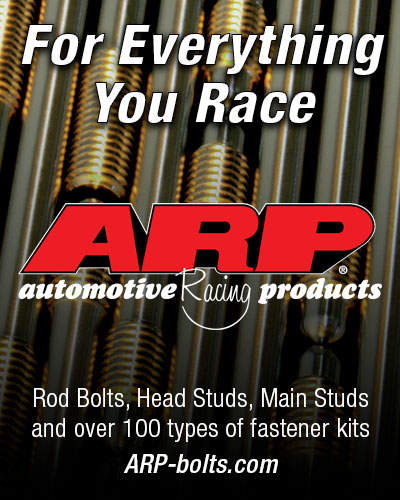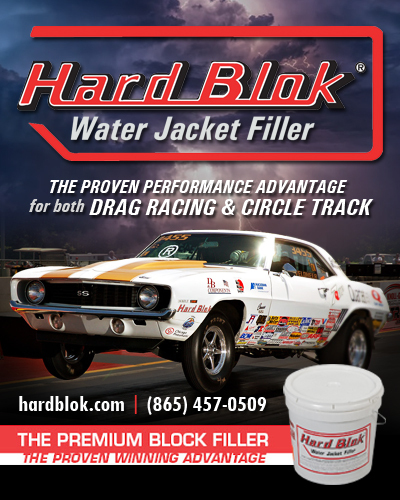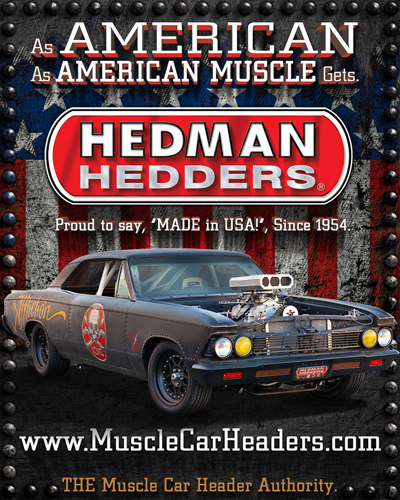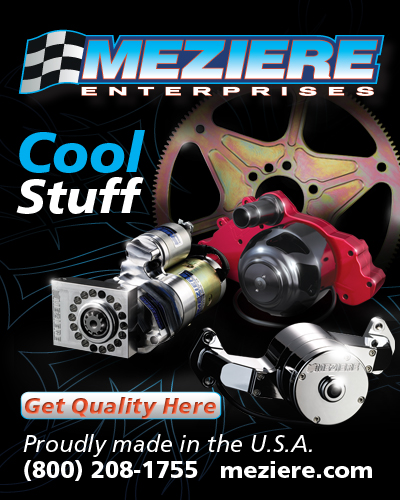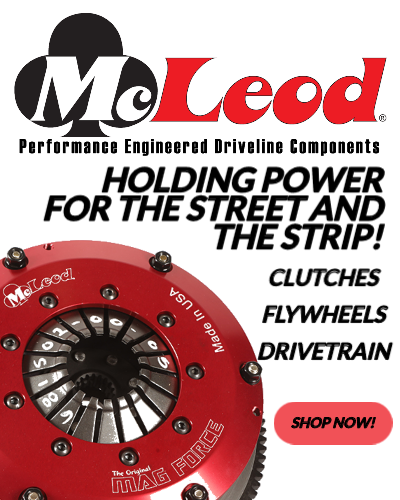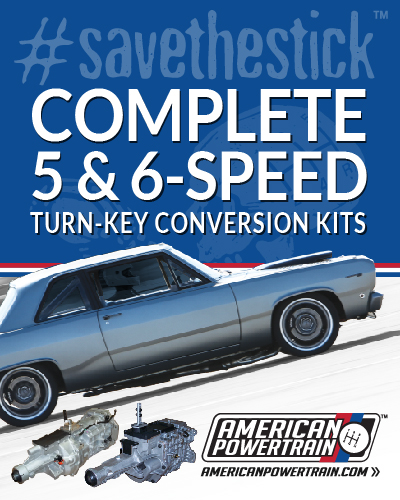TOTAL SEAL’S LAKE SPEED JR. HAS A VISION ON REACHING THE NEXT GENERATION
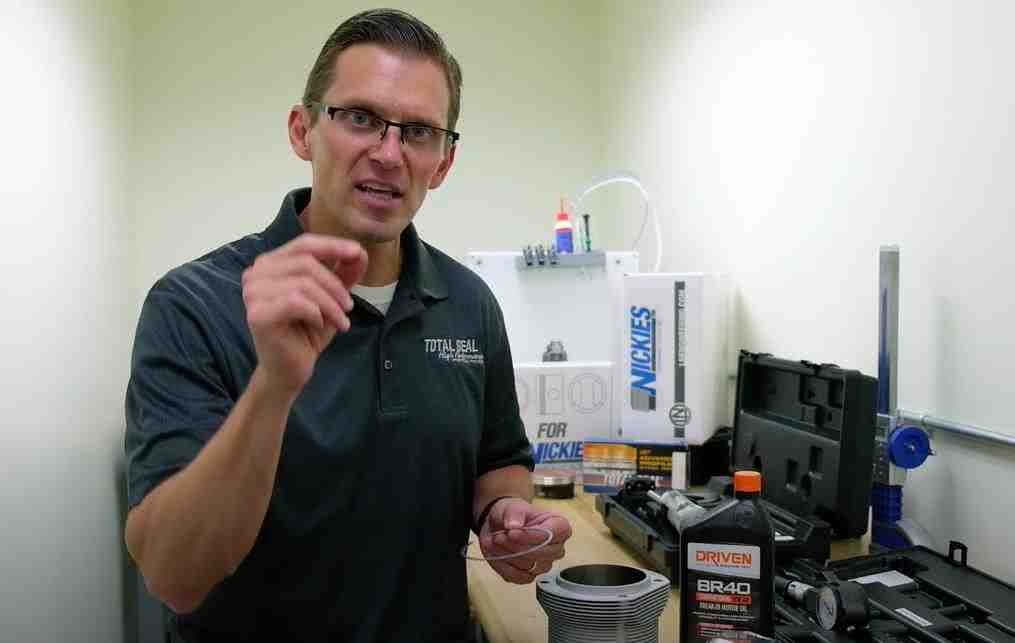 Lake Speed Jr. is a forward-thinker.
Lake Speed Jr. is a forward-thinker.
The VP of Sales and Marketing for Total Seal Piston Rings has a foot solidly in the present and an eye already into the future for generations to come.
Speed is both appreciative and attentive to his current customer line-up but steadfastly holds a vision of what the future brings.
“What we’re trying to do with the Engine Performance Expo is trying to make sure we’re reaching that next generation of engine builder because those guys, they’re not going to read any magazines and that kind of stuff,” Speed said. “They’re probably not going to attend classes or read books, but they’ll watch YouTube videos and things like that. They’re going to be digital in how they consume information. That’s why we want to create this library so that these younger guys will have two things.
“One, they can learn the way to think from the guys who’ve been there and done that; the real professionals can teach them how to think. Second, they also need to be inspired because the worst thing that can happen is you get this young kid that’s working in a top engine shop or something, and they have them doing teardown and washing parts.
“The kid’s like, “This sucks. I’ll just go work at Amazon instead for 15 bucks an hour because I can make more money, and I get benefits,” but the reality is tearing down engines, and cleaning parts is the best way to learn.”
The reality Speed knows all too well, if one follows the correct pathway, as an engine builder, they can make more than a dentist.
“Jon Kaase once said, ‘There’s a good career for you here, but you got to be willing to pay your dues and put in your time,” Speed explained. “The younger generation needs the experienced veteran to relate their own stories.”
Along with Joe Castello, Speed has hit a home run with their Hidden Horsepower podcasts aimed at reaching the elusive younger generation.
“Back in December [at the PRI Show], is 80% of the people that walked in our booth came up and said, ‘Man, we love the Hidden Horsepower podcast. We love the Engine Performance Expo videos. This stuff’s inspirational to us. It’s great information. We really love it,” Speed conveyed. “I’ve never seen anything marketing or advertising wise that’s ever produced that kind of feedback.
“I’m like, “Okay. We need to go full-on with the podcast and the Engine Performance Expo.
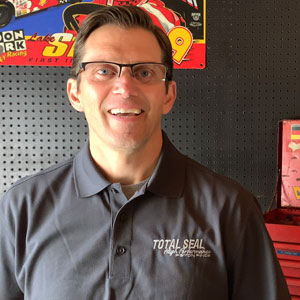 Speed clearly has a mission and a vision to support it.
Speed clearly has a mission and a vision to support it.
“I want to change this false narrative out there that, ‘Well, young people don’t care about racing things,” Speed said. “Go to the Holley LS Fest, and there’s 20,000 people there that will prove you wrong because they’re all young. They just don’t like the stuff that we liked growing up and say they’re not interested in getting their hands dirty and all kinds of stuff. They didn’t grow up with two knobs on the TV. One for UHF and the other for VHF; they grew up with touch screens. They don’t want to run an old manual hone; they want to run a CNC hone.”
The disconnect needs to be replaced with a willingness to connect.
“We’re not giving these young guys enough credit for being able to work,” Speed explained. “We just don’t like it that they don’t want to do it the way we did it when we were kids. We need to change that narrative, and I don’t know how you do it. However, we need to start talking about it.
“We had young people at PRI. By young, I don’t mean 17, 18, 19 years old, right? I’m talking about guys who are in their late 20s early 30s, coming up to us at the show. They were like, “I’m listening to the podcast while I’m honing blocks, and it’s helping me to understand. Gary Stinnett said, “you could be a machine operator, or you can be a machinist.” The difference is how you think.”
Speed says the thought process can’t just be about getting the right combination. It has to be about solving an issue when the combination goes awry.
“That’s why Warren [Johnson] was so good, is because he knew why [things went wrong],” Speed said. “He could figure it out why certain things worked. He’d go anywhere and be fast because he knew the why. I think that’s the key. If we start helping these young guys understand the why, and don’t be afraid to give them the technology to run with, because like all of our kids, right, they can do stuff with an iPhone that we can’t even comprehend. Think about what would happen if you’re a shop owner and you get these CNC machines in to replace the old manual stuff, and you let these kids learn those machines, that kid that doesn’t want to run a Bridgeport would 100% want to run a Haas CNC machine, because that Haas CNC machine is like a Corvette to that kid.”
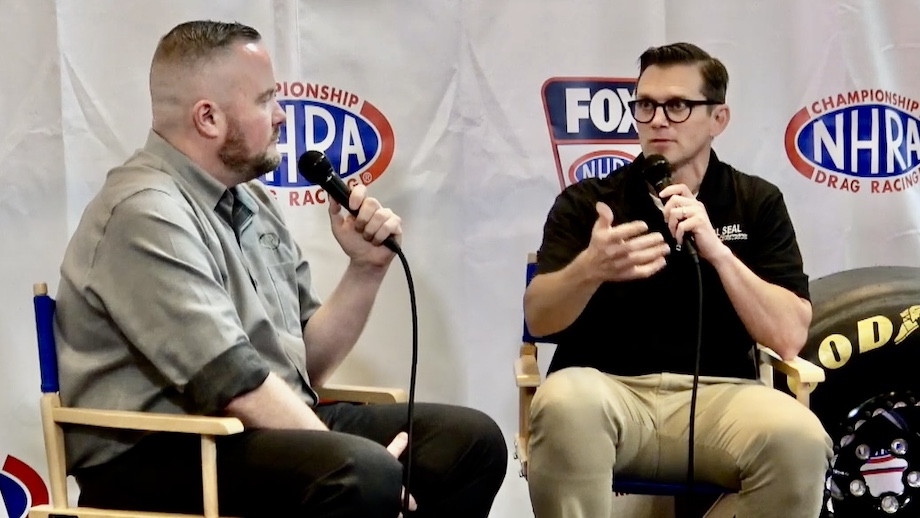 “Now, Corvette for us, right? It’s going to be probably a McLaren for them, right? It’s going to be something cool, and then they are going to want to go learn it. If you give them the chance to learn it, they’re going to pick it up, and they’re going to be excellent at it. I just think that’s the key, is we got to start thinking differently about how we interact with this next generation because those guys are going to be the future. I think as manufacturers, we have to start thinking about how we engage them and help bring them along because it’s like Ben Strader likes to say, ‘This is the best time ever to be an engine builder because you can go buy great parts.”
“Now, Corvette for us, right? It’s going to be probably a McLaren for them, right? It’s going to be something cool, and then they are going to want to go learn it. If you give them the chance to learn it, they’re going to pick it up, and they’re going to be excellent at it. I just think that’s the key, is we got to start thinking differently about how we interact with this next generation because those guys are going to be the future. I think as manufacturers, we have to start thinking about how we engage them and help bring them along because it’s like Ben Strader likes to say, ‘This is the best time ever to be an engine builder because you can go buy great parts.”
“He’s right. It’s not like in the old days when guys like Gene Fulton and those guys were first getting started, and you had to make all of your own stuff; no, you don’t have to make stuff today, you can go buy great parts, but you can’t buy that wisdom yet. We need to help pass that wisdom down.”
If Speed sounds passionate about the approach, it’s because he was given the opportunity to do what he advocates for.
“I was fortunate enough when the Lubrizol guys were working with us at Joe Gibbs Racing; they had an internal training program because they recognized as a company that most of the guys who were really smart, that had all the experience, we’re all getting grey and about to leave,” Speed recalled. “They came up with a mentorship program. People would have mentors, and they had training. The really experienced guys who were either retired or about to retire would teach classes. That’s where I learned about oil. It was from those classes and being in that mentorship program.
“Even though I wasn’t a Lubrizol employee, because of our relationship, I got to be part of that. That’s where I learned so much, and not just facts. They taught me how to think. We need to have that same mindset in the racing community and give back to the industry to be able to keep the industry going because who’s buying part five months from now versus five years from now is a different question.”

























